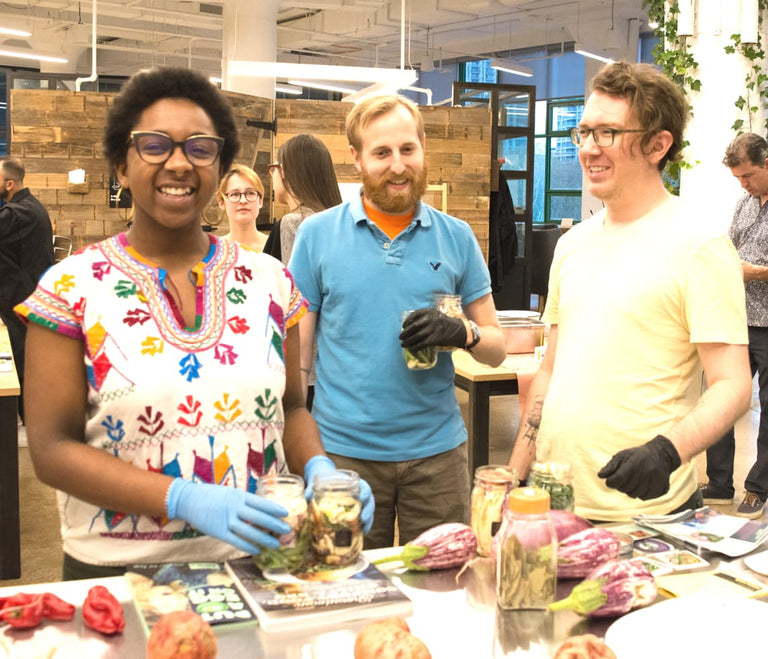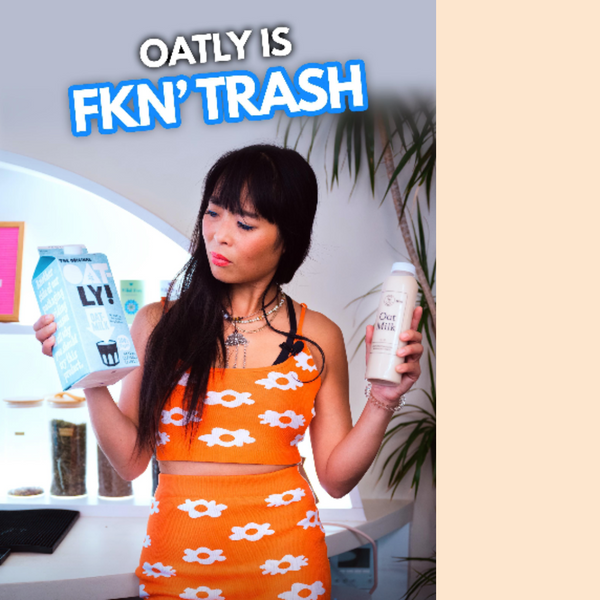Farm News: Organic Dairy Is Getting Squeezed By Big Ag

Since the 1990s, corporate bullies have eaten up small producers, their actions enabled thanks to government policies that favor big business.Due to a recent influx of big ag mergers in organics and the notable introduction of the organic milk label, there exists a plethora of corporate-owned options for organic milks, creams, butters, and cheeses. Corporate entities in this sector have since corralled shoppers who prefer organic products into remaining patrons of big business, dissuading their patronage of smaller farmers and producers.
The United States government has, in all candor, failed to protect small organic farmers from the sweeping reach of sizable, well-known companies like Horizon whose organic labeling has afforded them a safe place in public opinion. But some of these mega-dairies (like Horizon) confine their cows and sometimes use antibiotics or growth hormones to promote faster, more “efficient” production. Their milk is shipped all over the United States to be separated and resold, helping craft dairies from ice cream to industrial protein concentrates.
Families whose farms refuse to use growth hormones and other harmful agents are not often rewarded for their brave principledness. Processors prefer to purchase milk and similar products in bulk from a few large sellers as opposed to sourcing multiple shipments from a combination of smaller producers. Even mid-sized farms are feeling the effects of corporate mergers and the growing concentration of organic dairies.
The organic movement in the United States was one that once reflected a growing acceptance of the idea that we should care more about what we eat, where it comes from, and how it got to us. Now, the same corporate bullies who have failed us in the past and continue to fail us now with each commitment made have exploited our predilection for organic foods, manipulating our good will to their profit. Loose USDA regulations and a slew of other factors have contributed to an agricultural sector in which, within the legitimate scope of the law, consumers can still fall victim to the influence of profiteering.
There is a version of our shared national future in which small and mid-sized producers are treated with the respect countless farming families have gone without for decades, and enacting policies that protect smaller growers are the first step to reaching this ideal. Such changes in legislation (like this one) can help empower us to transition our food commerce sector towards more direct and sustainable business dealings between producers and customers like us.
Article by Local Roots contributor Jess Santoro / @jess_santoro
Rather have a taste first?
Local Roots Experiences are fun, pop-up events where we bring the farm to you!

Become a Harvest Club Pick Up Location
Are you a NY based cafe, bar, or neighborhood business? Become a Harvest Club pick up location and have community members come to your establishment each week to pick up their Local Roots harvest.
Top






